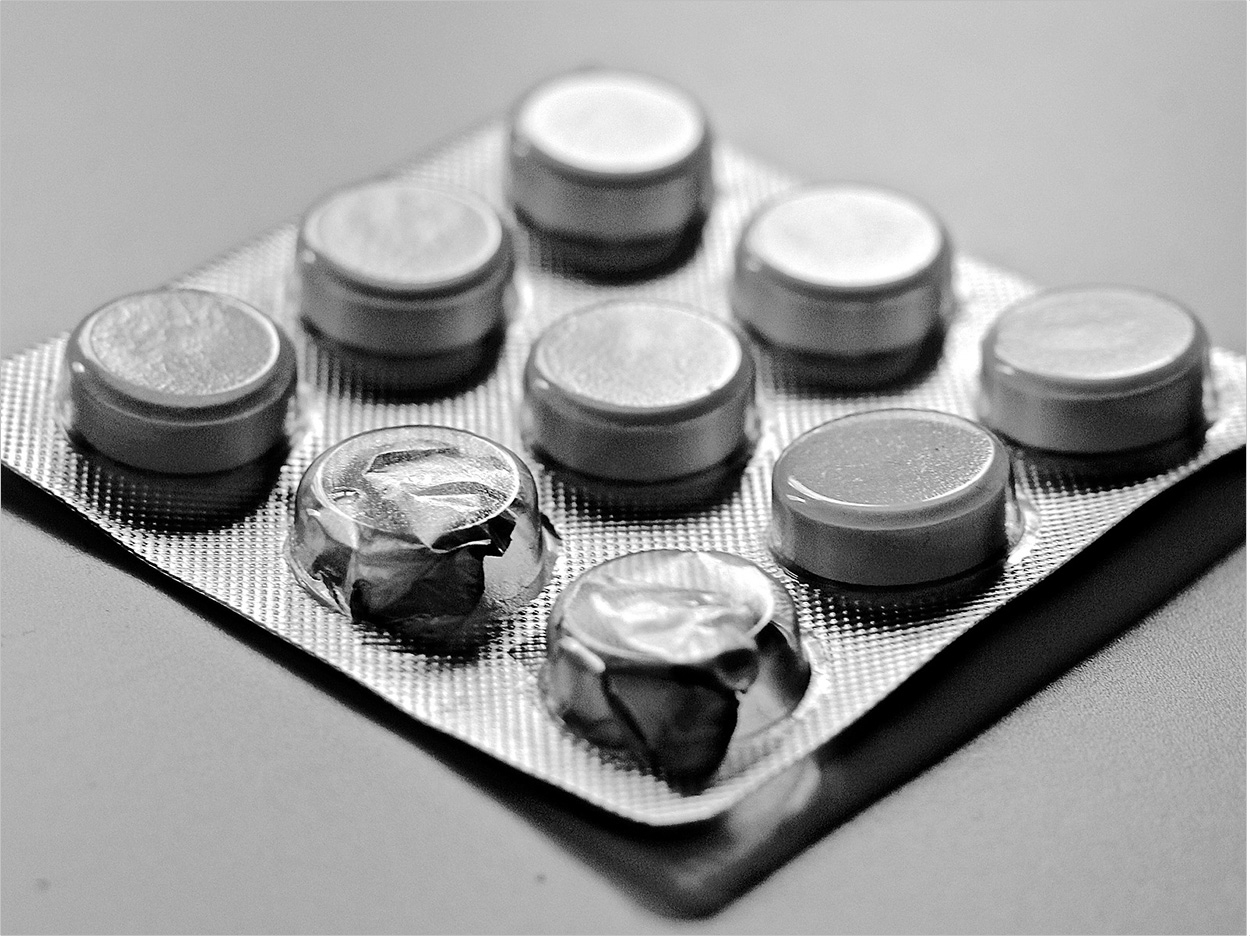
The New Jersey Dental Association (NJDA) has released guidelines on safely prescribing and dosing opiate medications. The NJDA also has developed an informed consent document designed to encourage dialogue between the dentist and the patient or the patient’s caregiver about the potential for dependency, misuse, and side effects as well as the need to properly secure these medications and dispose of them properly. According to the NJDA, this effort is the first comprehensive statewide initiative of its kind in the nation.
“The dental community in New Jersey recognizes they have an opportunity to teach patients about abuse and overdose. The NJDA’s mission, to provide ethical oral healthcare, extends to educating the public and ourselves about this devastating epidemic,” said Elisa Velasquez, DMD, chair of the NJDA Council on Governmental and Public Affairs. “Alternatives to opiates for acute pain management, such as the pain experienced after a tooth extraction, are available and should be considered as part of the patient’s treatment plan.”
The Centers for Disease Control and Prevention report that more people died from drug overdoses in 2014 than in any year on record, with nearly half a million deaths from 2000 to 2014 and 6 out of 10 of them involving an opioid. Also, 78 Americans die each day from an opioid overdose. Specifically, abuse among 18- to 25-year-olds has increased by 109% in the past 10 years. And among new heroin users, about 3 out of 4 report abusing prescription opioids before using heroin.
The guidelines review options for treating pain, including acetaminophen, nonsteroidal anti-inflammatory drugs (NSAIDs), and opioids, each with benefits and risks. According to the NJAD, a combination of 200 mg of ibuprofen and 500 mg of acetaminophen provides the best pain relief of all, including relief following extractions. While the limited use of opioids is appropriate in some situations, the guidelines state, their dose and duration should be for as short a time period as possible, with other considerations in play such as a history of substance abuse.
“In all cases, the dentist should include the patient in the decision, including a thorough review of their medical history,” said Mark Vitale, DMD, president-elect of the NJDA and a member of the subcommittee that drafted the guidelines. “We encourage our dentists to consult with the patient’s physician when possible and to access the New Jersey Prescription Monitoring Program as required prior to prescribing opiates.”
“The NJDA and our member dentists realize there is no single face of addiction and abuse, and therefore we must take the necessary steps and have the sometimes difficult discussion with each of our patients prior to prescribing,” said Giorgio T. DiVincenzo, president of the NJDA. “With the rising tide of abuse in New Jersey and nationwide, we must be part of the solution.”
Related Articles
CDC Issues New Opioid Rx Recommendations
100 Million Opioids Go Unused After Tooth Extractions
ADA Joins White House Fight Against Rx Drug Abuse


